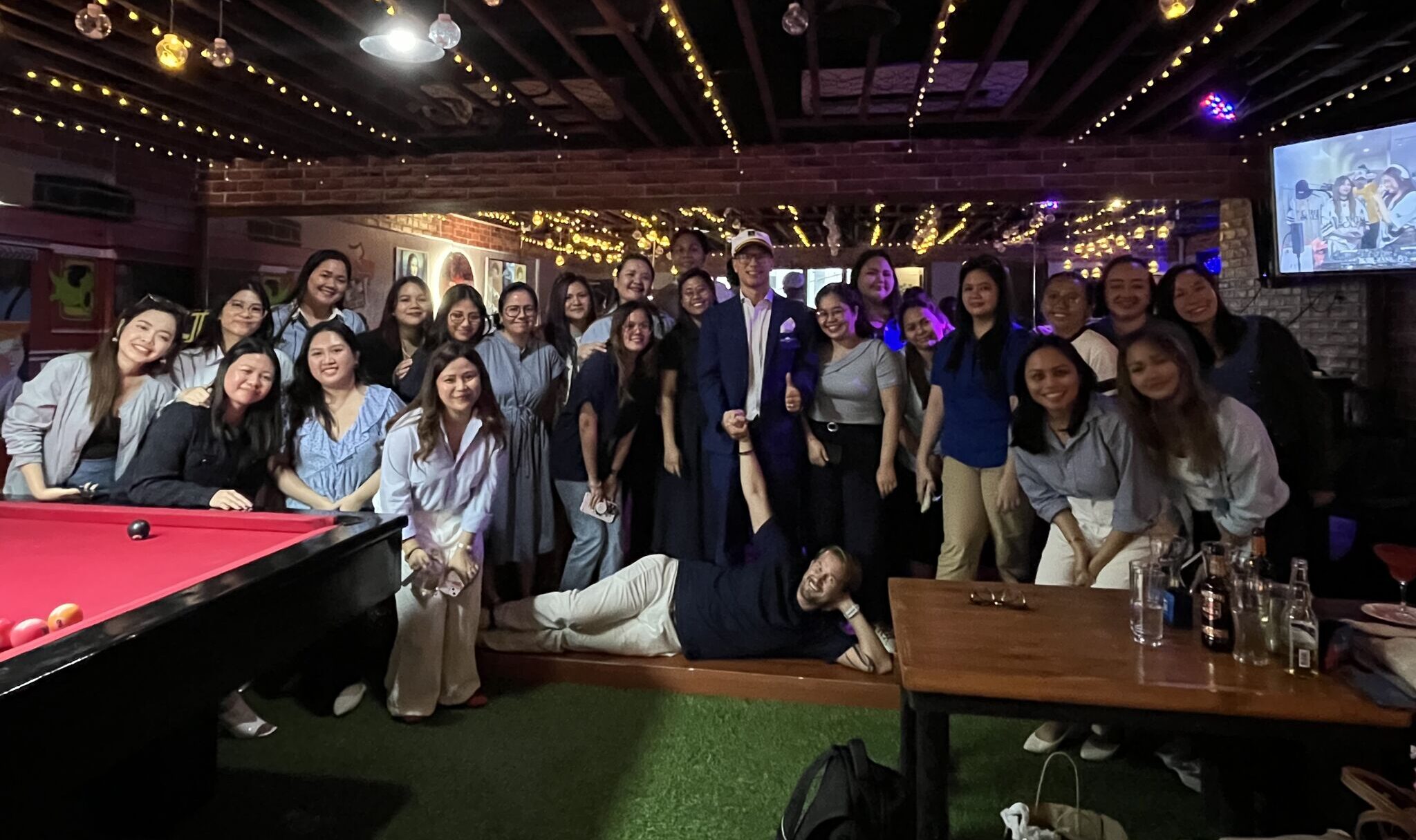Japan and India are entering a new phase of partnership, built not on formal communiqués but on the steady movement of people. Though they speak different languages, both share respect, reliability, and a quiet focus on getting things done, setting the tone for success.
Japan today is facing a demographic shift that’s changing its economy and workforce, with labour shortages affecting everything from technology and healthcare to manufacturing, construction, and advanced engineering.
In response, the Japanese government has introduced new pathways, including the SSW visa, more English-taught university programs, and stronger internationalisation policies led by the Ministry of Education, Culture, Sports, Science and Technology (MEXT).
While Japan has been actively reaching out to other countries for skilled talent, India is uniquely positioned to be the partner to bridge the gap at scale.
India, with its young, skilled, and increasingly global talent pool, is emerging as a natural partner to Japan. With the world’s largest youth population and a fast-growing base of STEM-trained graduates, India has the scale and capacity to make the goal of 500,000 Indian professionals working in Japan by 2030 realistic.
Against this backdrop, Japan and India are helping convert intent into outcomes by building a three-pillared, structured talent mobility bridge that works across the full continuum — from early awareness in schools to education, language acquisition, and workforce readiness — addressing the real frictions that often slow cross-border mobility.
Through Japanese language labs embedded in Indian schools and institutions, students are developing linguistic and cultural fluency early, reframing Japanese not as a barrier but as a long-term enabler.
This ecosystem approach is reinforced through joint initiatives with the Japan External Trade Organization (JETRO), which provides critical institutional linkage to Japan’s evolving workforce needs, and through the digital platform Navi Japan, the official platform for Study in Japan from South Asia. Together, these efforts are helping align India’s scale of talent with Japan’s demand, making mobility not episodic, but systemic and sustainable.
Moreover, in the last 11 months, interest in Japan is rising sharply among young Indians. Over 25,000 students have engaged with study-in-Japan initiatives through webinars, school interactions, and fairs, reaching more than 1,000 schools across 123 cities, from Tier 1 to Tier 3 locations. This early-stage outreach is vital to building the pipeline that will support Japan’s goal of welcoming half a million Indian professionals.
In just two months, Navi Japan attracted over 12,000 users, 11,000 of them from India, generating more than 125,000 engagements. These aren’t casual clicks — students are spending close to three minutes per visit, actively exploring degree programs, scholarships, English-taught options, and guidance on living costs, showing serious consideration.
What they’re searching for is just as telling: business programs top the list with more than 10,000 searches, followed by STEM at over 9,000, strong interest in AI and machine learning with more than 7,300 searches, and thousands more in robotics, computer science, and economics. These are exactly the skills Japan needs most, clearly showing how closely Indian student demand aligns with Japan’s workforce priorities.
What’s equally interesting is where this interest is coming from. While cities like Delhi, Mumbai, Bengaluru, Hyderabad, and Kolkata remain highly active, momentum is quickly spreading beyond the major metros.
Education isn’t just about earning a degree; it is the most reliable pathway to long-term workforce integration
Students from cities such as Indore, Lucknow, and Bhopal are appearing in growing numbers, with engagement now seen across 142 cities in India — full coverage in Tier 1, around 50% in Tier 2, and a growing 20% in Tier 3. Students outside major cities increasingly see Japan as a realistic, future-focused option for education and upward mobility.
This is why student mobility has emerged as the real engine of the Japan-India relationship. Education isn’t just about earning a degree; it is the most reliable pathway to long-term workforce integration. Students who study in Japan gain more than academic knowledge — they absorb the culture, expectations, and work ethic — leaving them better placed to meet language requirements, qualify for SSW pathways, and move into the specialised roles where Japan’s talent shortages are most acute.
A critical part of this is what happens after education and how students move from the classroom into the workplace. Skills-focused initiatives are helping students prepare for Japan’s workforce through practical, Japan-relevant problem-solving, including programs such as the TechBridge challenge, which introduces learners to real-world domains and early exposure to Japan. These efforts connect education, skills, and career pathways seamlessly.
Both nations stand to gain considerably from the deepening of this mobility corridor. Japan secures the skilled workforce it urgently needs to sustain its economy, while India gains new avenues for global employment, technical upskilling and international collaboration.
If current momentum continues, the prospect of 500,000 Indian professionals working in Japan by 2030 is not only achievable but transformative. The real story, however, is not about numbers, it is about two nations building a long-term, mutually beneficial partnership anchored in talent, education, and opportunity.
There is a mobility anecdote that I love sharing. Indians grow up using Suzuki vehicles, listening to Sony music systems, or working with Panasonic technologies and yet few consciously think of them as Japanese; they are simply familiar and reliable, and that’s a powerful lesson for talent mobility.
When people move not as outsiders, but, as trusted contributors, integration becomes natural rather than negotiated, and that’s when mobility stops being a policy goal and becomes a lived reality.











